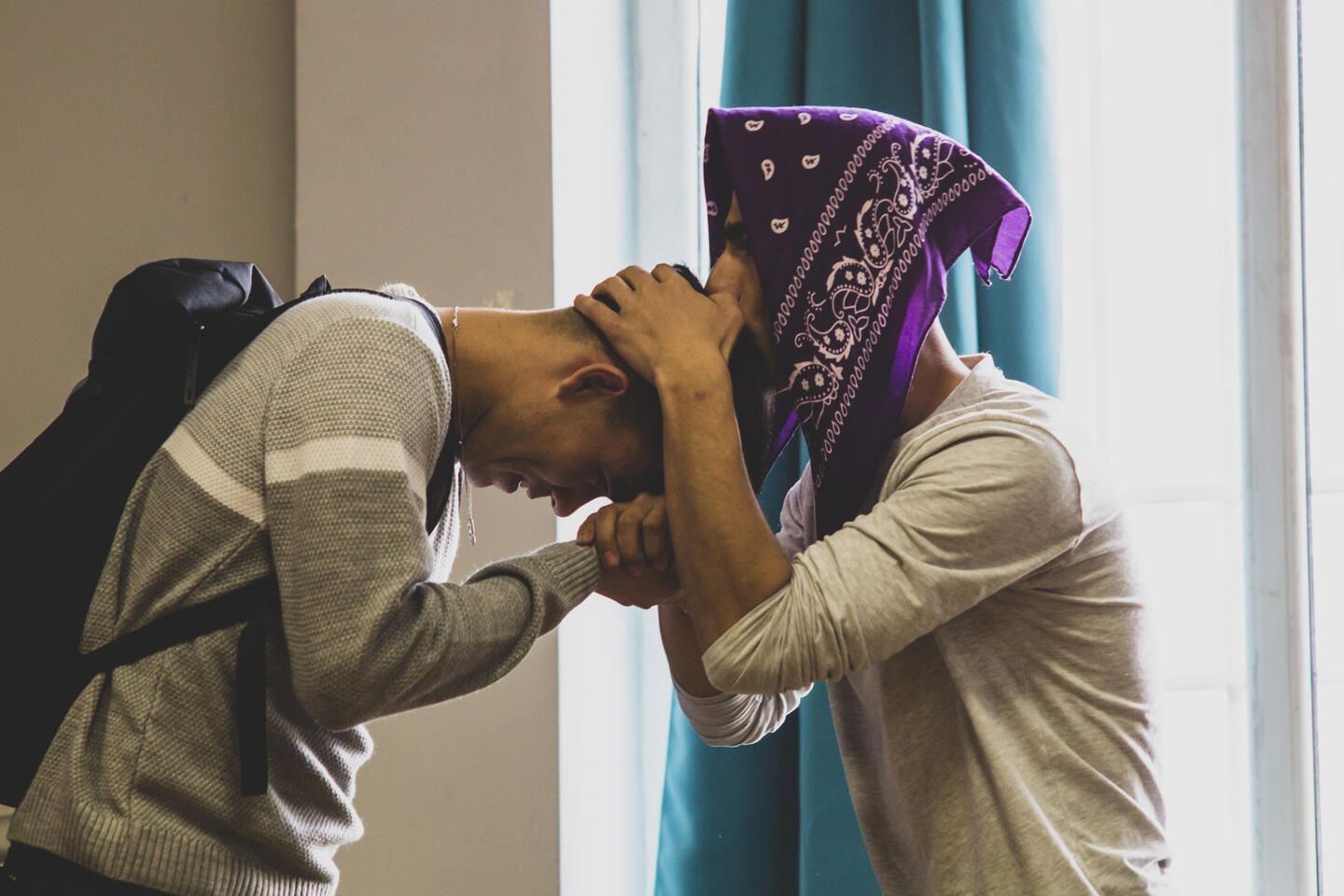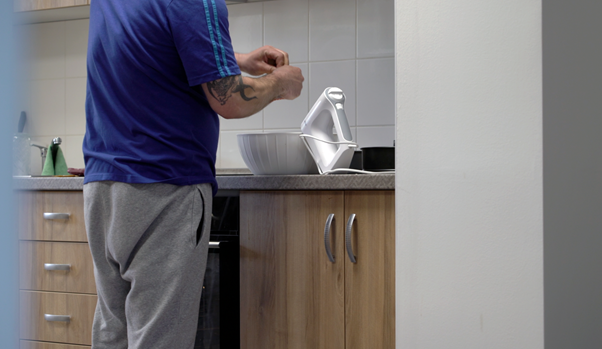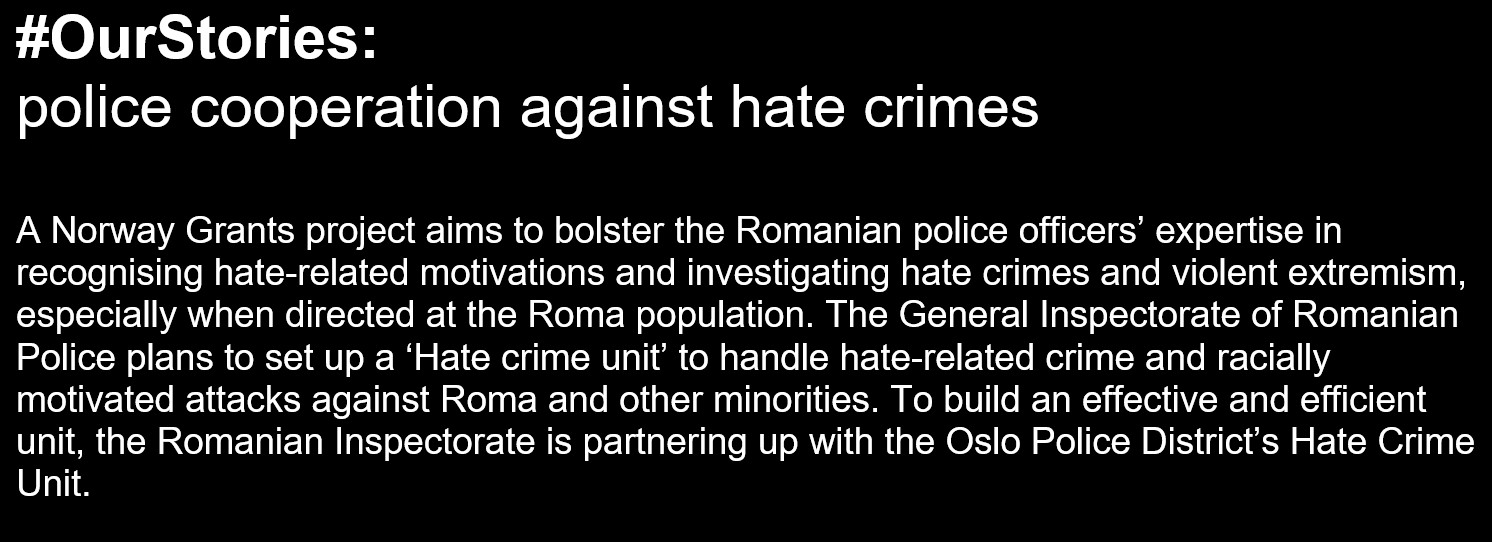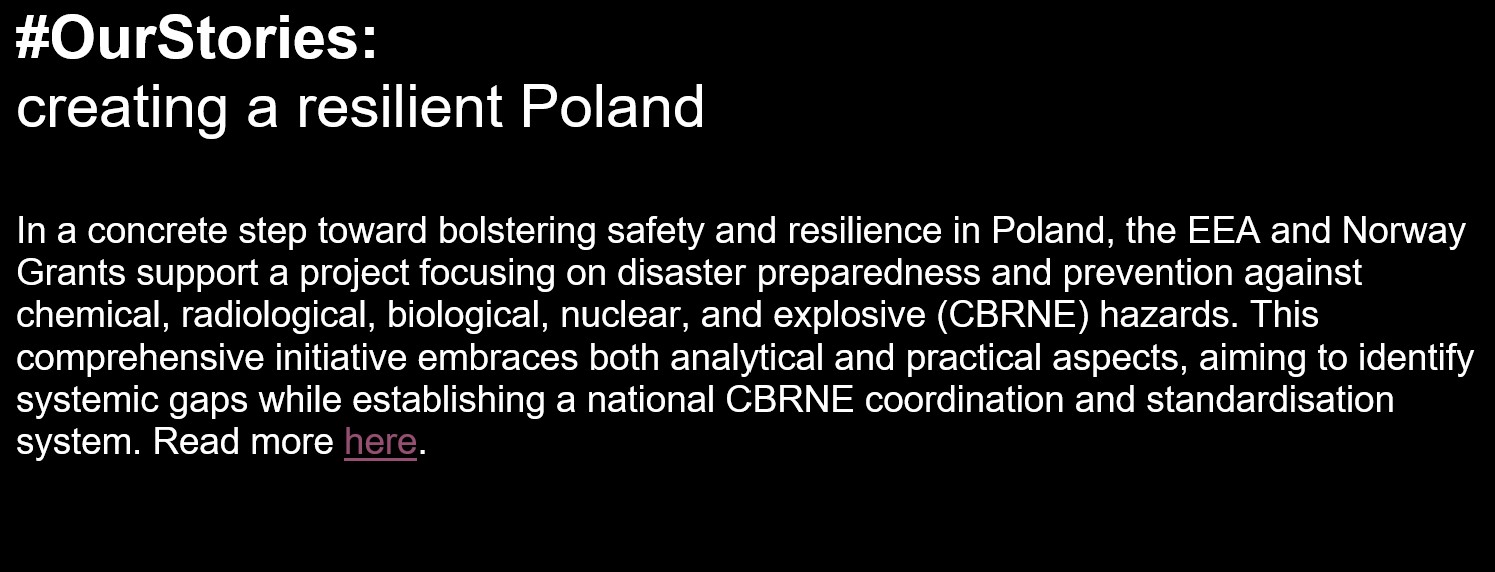In this #FundingtheFuture article, we embark on a journey through some of these multifaceted domains, exploring the remarkable initiatives and transformative impact of the EEA and Norway Grants.
The EEA and Norway Grants have been a beacon of hope and a force for change across Europe, addressing critical issues from asylum and migration to disaster prevention. The Grants' focus on systemic improvements, change in attitudes, and hands-on interventions are paving the way for a more humane, just, and inclusive Europe.
From enhancing correctional services and judicial efficiency to combating domestic violence and bolstering disaster preparedness, the EEA and Norway Grants are steering Europe towards a brighter, more resilient future.
Asylum and migration: a shelter in the storm
Since 2013, border and asylum systems in Europe have been under big pressure due to the increasing number of asylum seekers. More recently, the region has been heavily marked by the Russian invasion of Ukraine, which has impacted lives and societies in unimaginable ways in Europe and beyond. The number of migrants in Europe more than doubled compared to 2021, leaving us with unprecedented socio-economic challenges.
In the realm of asylum and migration and the challenges they entail, the Grants have made a significant difference. They have bolstered reception facilities and improved the response capacity to handle large influxes of migrants, with a special focus on protecting vulnerable migrants and unaccompanied minors. The changes in attitudes among law enforcement, including recognising the needs and rights of asylum seekers and migrants, is a testament to the far-reaching impact of the programmes. The cooperation with the Norwegian Directorate of Immigration has been instrumental in achieving these strides.
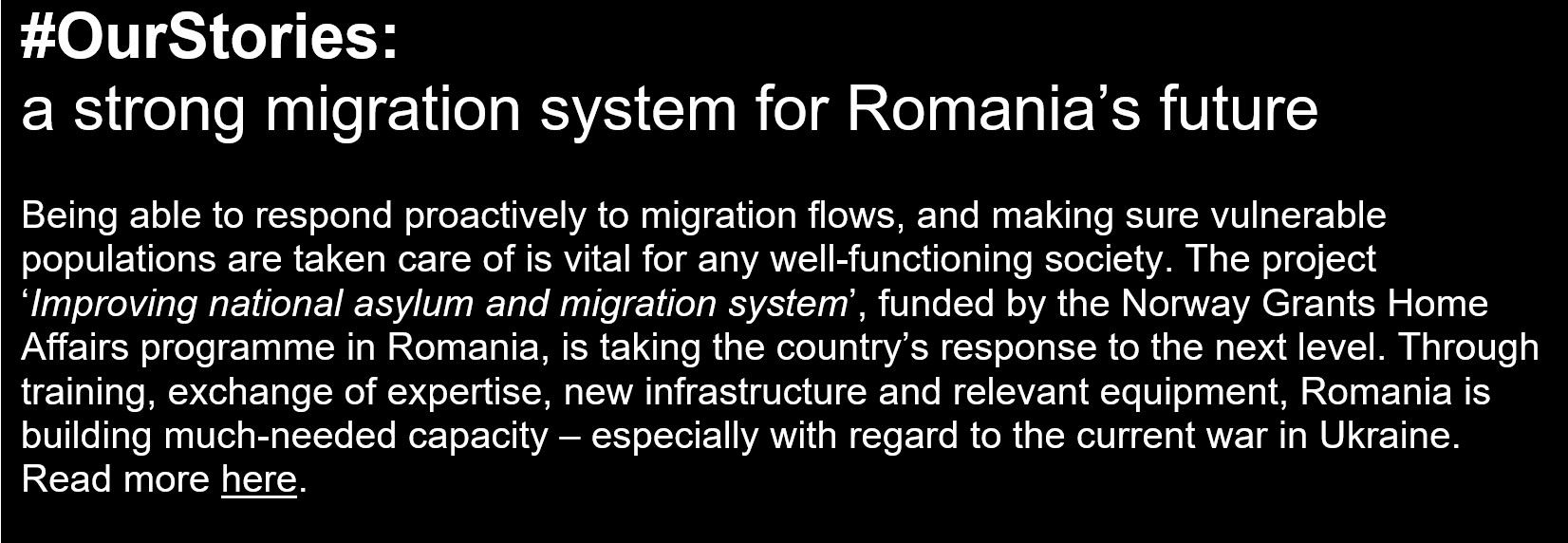
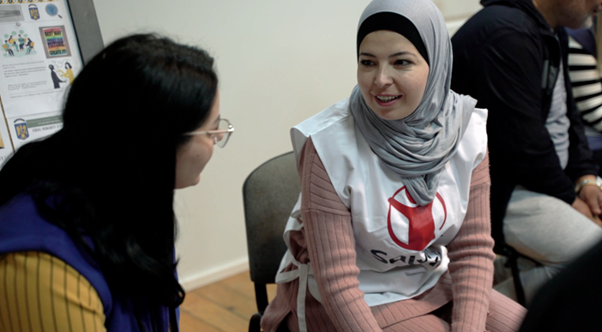
Correctional services and pre-trial detention: a new dawn for justice
Many countries are facing the challenges of persistent overcrowding in prisons and problems of ill health resulting from poor sanitation and accommodation. Through Norway’s support in this area in seven countries, the Grants are contributing to improving prison conditions, prisoner rehabilitation, and promoting alternatives to imprisonment.
The correctional services and pre-trial detention programme stand as an emblem of systemic change. With no prior EU funding for this area, the Norway Grants have offered a unique opportunity for capacity building. The programme's efforts span improving correctional service systems, supporting prisoners, providing education and training for prison and probation staff, and fostering cooperation among justice institutions.
The programme has also been instrumental in introducing halfway houses in Bulgaria, Lithuania, and Romania. These facilities are crucial in smoothing the transition from prison to community, increasing the likelihood of successful societal reintegration. Changes in legislation have enabled correctional services to tackle overcrowding and improve prison facilities, introducing open prisons as per the Bastoy model in Norway.
The successful partnerships and relationships between the Norwegian Correctional Service and the correctional services in the Beneficiary States forged under this programme have led to positive improvements in the culture of correctional services and a more humane treatment of prisoners, even after the funding period ends.
The Norway grants have helped sustain policies aimed at reducing prison numbers, improving prison conditions, and developing a more rehabilitative approach.
International police cooperation and combating crime: a united front
According to the European Commission against Racism and Intolerance, racism and hate speech are widespread in Romania, with antigypsyism and anti-migrant sentiments vocal on social media and in the public space.
The International Police Cooperation and Combating Crime programme has taken important strides to enhance police services and their capacity to combat crime. The programme is supplementary to EU-funded capacity building, focusing on strengthening international and bilateral cooperation within its programmes. Notably, significant achievements have been made in preparing to establish Barnahus—safe spaces for child victims and witnesses of violence—and setting up hate crime units.
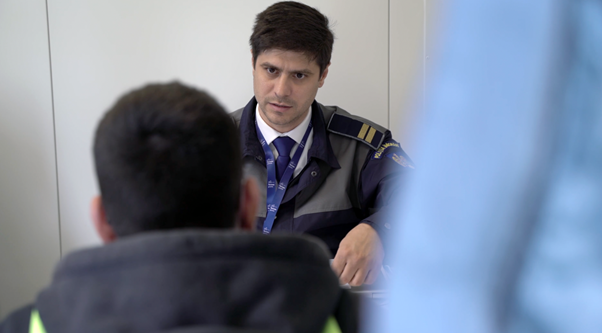
Efficient judicial systems and strong rule of law: upholding justice
An independent and knowledgeable judicial system based on justice and human rights principles, efficient procedures and judicial decisions contribute to increased public trust in the judicial systems in Europe. Lack of public trust in the judiciary is widespread due to excessive length of proceedings and chronic non-enforcement of judicial decisions. Well-functioning justice systems are fundamental in democratic societies based on rule of law. The police and the judiciary services play an important role in guaranteeing basic human rights and freedoms, as well as protection from violence and discrimination. In addition to this social balance and investment, trade and economic growth rely on a sound, predictable and transparent legal environment.
The EEA and Norway Grants programme focusing on the effectiveness and efficiency of the judicial system and strengthening the rule of law has brought about significant advancements. In collaboration with the Norwegian Court Administration, the programme has promoted openness in the judiciary and improved efficiency, for instance, through the digitization of court proceedings.
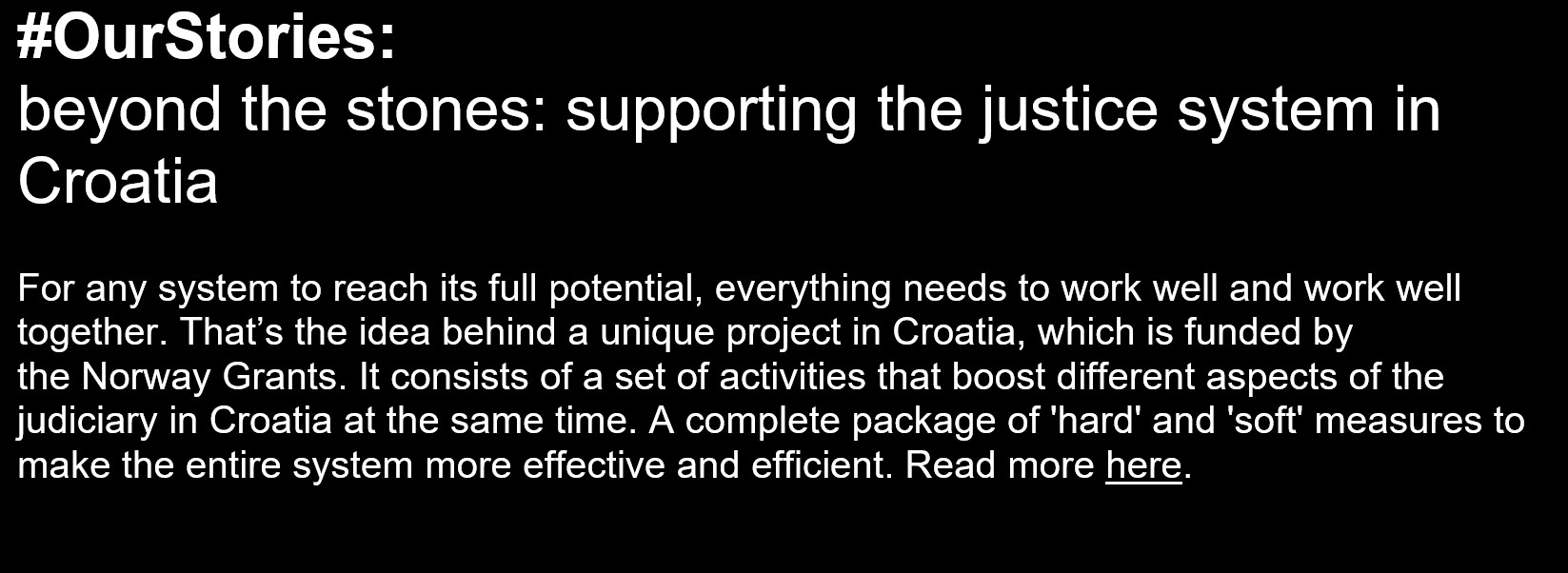
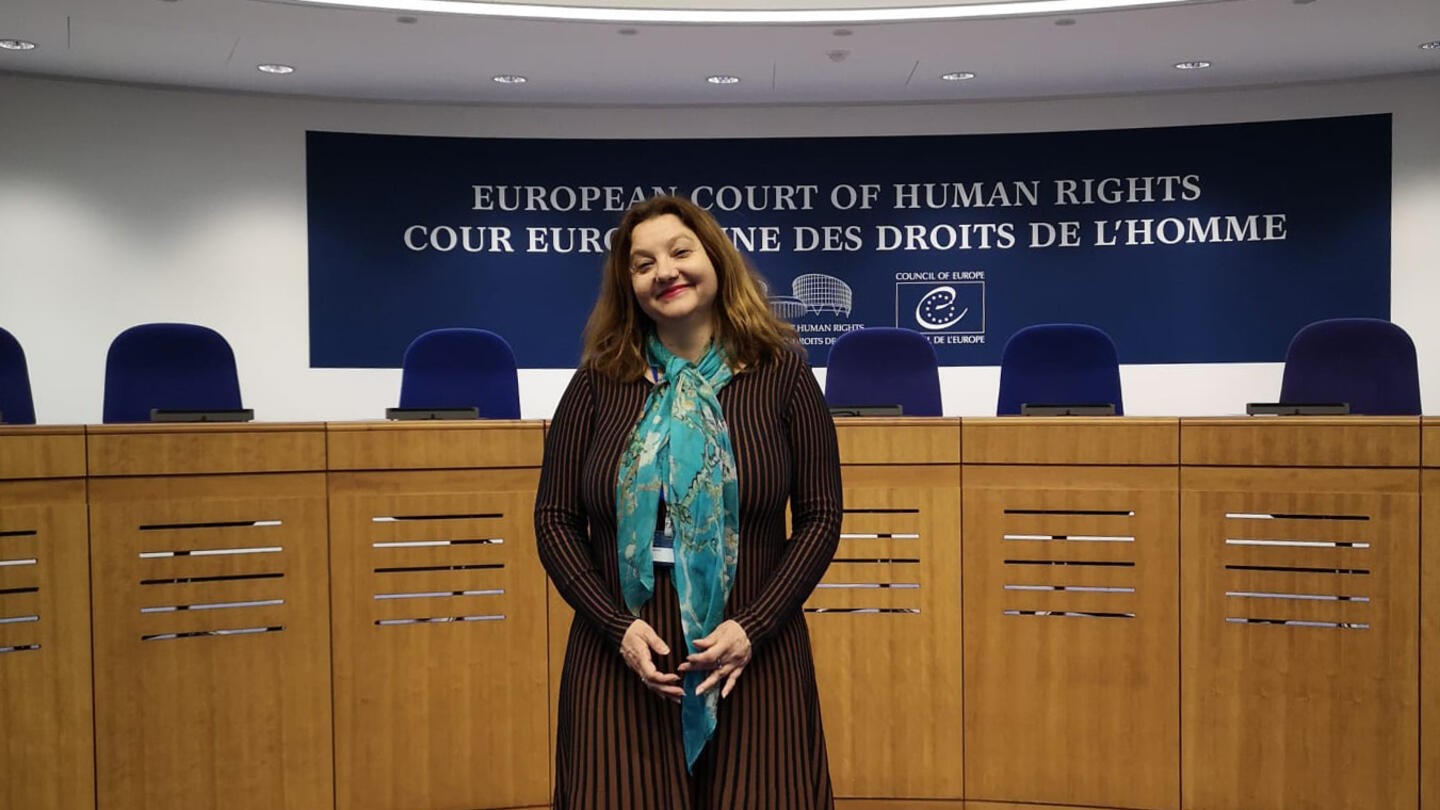
Domestic and gender-based Violence: a beacon of hope
The grants have had a role in filling funding gaps, for example, enabling the expansion of work into certain geographical areas or supporting specific target groups that had been underfunded or overlooked, such as ethnic minorities or rural areas. The levels of effectiveness in addressing gender-based violence are often determined by how project interventions are combined. For instance, building the capacity of the police/judiciary leads to increased reporting of domestic violence/gender-based violence only when coupled with research and campaigns for the general public.
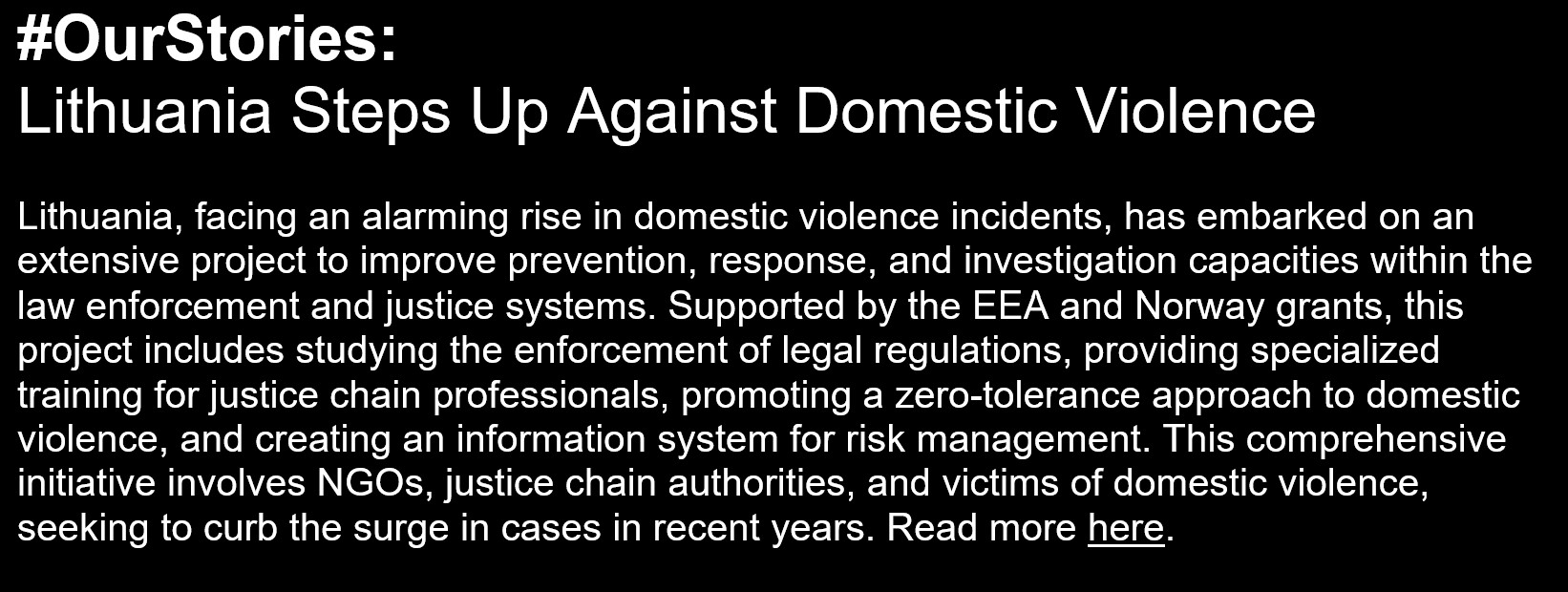
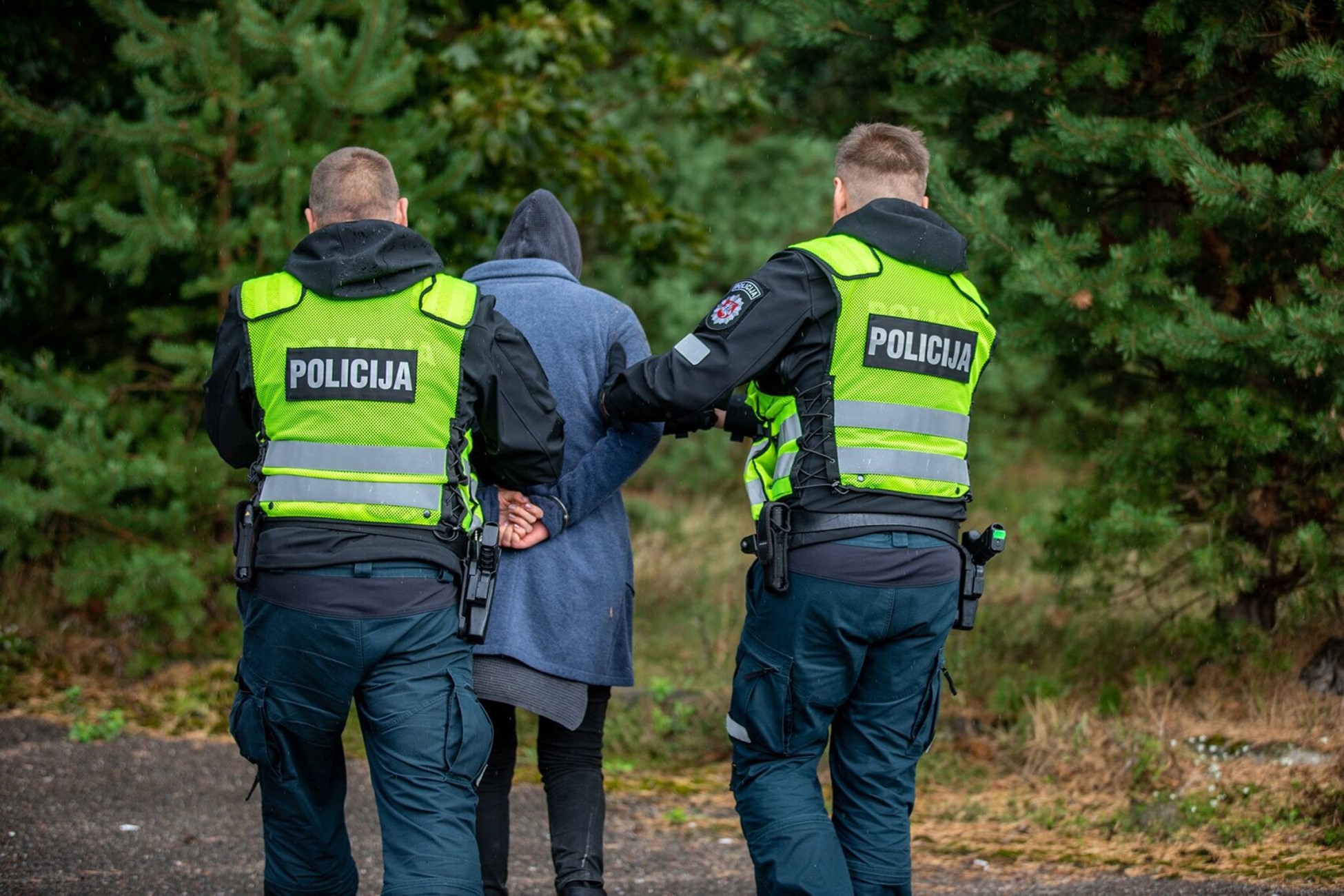
The Domestic and Gender-based Violence programme has provided a platform for discussing the ratification of the Istanbul Convention and its provisions. The programme's main achievements include raising public awareness about the Istanbul Convention and the support measures available in the beneficiary states. The cooperation has been improved by the establishment of the Synergy network where the Donor States and the Beneficiary States discuss measures to improve the support to the victims (or survivors) of domestic and gender-based violence. The Norwegian Ministry of Justice and Public Security acts as a Donor Programme Partner together with the Council of Europe. This cooperation is of great importance for the development of this programme area.
Disaster prevention and preparedness: bracing for the future
In the area of disaster prevention and preparedness, the EEA and Norway Grants have brought about a marked shift in how authorities interact at the national level. The Norwegian Directorate for Civil Protection has been an active partner in programmes in Slovakia, Poland, and Romania, reinforcing its commitment to improving resilience in the Donor States while simultaneously gaining new competencies from the cooperation.
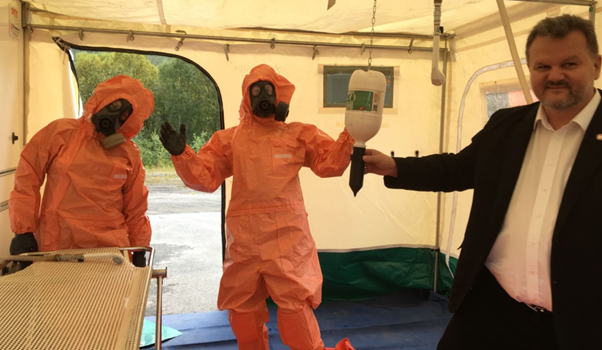
In an era defined by increasingly complex global challenges, the EEA and Norway Grants have been playing a transformative role in Europe. These programmes have not only strengthened cooperation between donor states Norway, Iceland, and Liechtenstein, and the Beneficiary States but have also contributed towards making Europe greener, more competitive, and more inclusive.

This article is part of "#FundingtheFuture", a series of in-depth articles that delves into the transformative role of the EEA and Norway Grants. This series takes a deep look at how the Grants, rather than merely providing financial support, are intricately designed to respond to some of the most pressing challenges Europe is facing today. Looking at the whole picture and how all the parts interact, this series unpacks how the EEA and Norway Grants work in synergy with local efforts in the Beneficiary States, fostering solutions that are not only impactful in the short term, but also sustainable for the future.
Whether you're a policy enthusiast or someone simply curious about how Iceland, Liechtenstein and Norway are funding Europe's future, this series unravels the big picture of how the EEA and Norway Grants are truly transforming Europe.
Find out more about the EEA and Norway Grants here.
